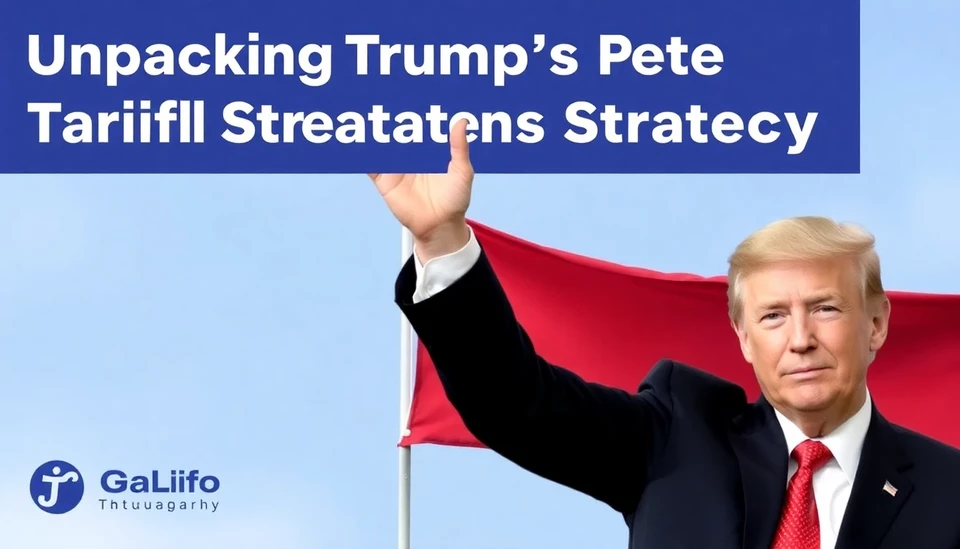
The recent episode of a prominent podcast delves into the intricacies of Donald Trump's potential tariff strategy, a topic that has sparked much debate and speculation among economists and political analysts alike. As Trump hints at a return to the forefront of U.S. politics, understanding his approach to tariffs and trade policies becomes increasingly vital.
Historically, tariffs have been one of Trump's most discussed tools for influencing economic policy. His administration previously implemented tariffs on a broad range of imported goods, targeting countries he accused of unfair trade practices. The podcast highlights how these strategies aim not only to protect U.S. industries but also to bolster American employment by making imported goods more expensive.
In the latest discussions, analysts speculate on whether Trump will resurrect his aggressive tariff approach if he returns to the White House. Experts suggest that while tariffs may offer short-term solutions to trade imbalances, they could have long-term repercussions, including retaliatory measures from other countries and increased costs for American consumers.
The hosts of the podcast dissect Trump's past tariff implementations, focusing on how they shaped various sectors, from manufacturing to agriculture. They point out that farmers, a crucial constituency for Trump, faced significant challenges during the trade wars, particularly as many found their products subject to retaliation from China and other nations.
Moreover, the conversation touches upon the geopolitical implications of Trump's tariff strategies. As tensions simmer with countries like China, analysts ponder whether a new tariff regime would contribute to further strain or potentially serve as a bargaining chip in international negotiations.
Through interviews with trade experts and economists, the podcast encapsulates a range of viewpoints on the potential fallout of reinstating protectionist measures. Many argue that the complexities of today's global economy necessitate a more nuanced approach than a simplistic return to tariffs. Others believe Trump's straightforward tactics resonate with a significant portion of the electorate, regardless of potential economic risks.
As the political landscape evolves, and with the 2024 elections on the horizon, the podcast emphasizes that Trump's tariff strategy will be a critical issue to watch. Voters are likely to scrutinize not only the intended benefits of such policies but also their broader economic impact as they make their electoral choices.
In conclusion, the podcast serves as an essential resource for anyone looking to understand the implications of Donald Trump’s potential tariff strategies in the current economic and political climate. As discussions around trade policies evolve, it remains to be seen how these strategies will shape the future of American trade relationships.
#TrumpTariffs #TradePolicy #EconomicStrategy #PoliticalAnalysis #GlobalTrade #USPolitics #2024Elections
Author: Rachel Greene




